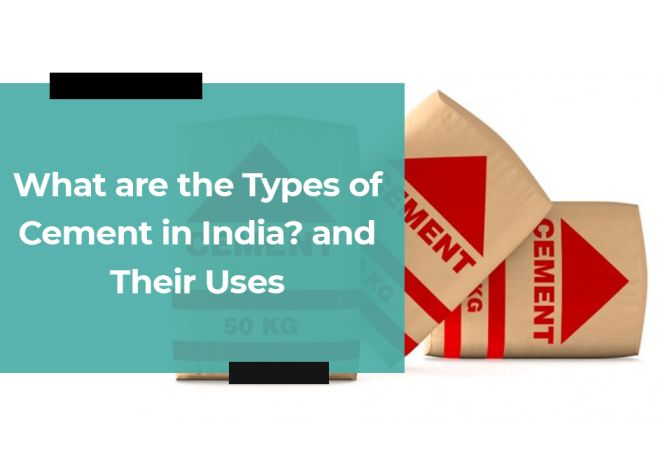Cement is a binder that plays a vital role in the construction process. Cement generally, all kinds of adhesive substances and cement is seldom used on its own, but rather to bind sand and aggregate. So, before buying it, everyone needs to know about the different types of cement grades.
Types of Cement Grades
There are different types of Cement Grades for different construction works. The grades reveal the strength of cement which is measured as compressive strength. Checking the grade of cement is a good practice as it affects the strength of any structure.
22 Types of Cement Grade
- Ordinary Portland Cement 33 Grade
- Ordinary Portland Cement 43 Grade
- Ordinary Portland Cement 53 Grade
- Portland Pozzolana Cement (Fly ash based)
- Portland Pozzolana Cement (Calcined based)
- Portland Slag Cement (PSC)
- Rapid Hardening Cement
- Extra Rapid Hardening Cement
- Low Heat Cement
- Sulphates Resisting Cement
- Quick Setting Cement
- Blast Furnace Slag Cement
- High Alumina Cement
- White Cement
- Hydrophobic Portland Cement
- Super Sulphated Cement
- Masonry Cement
- Oil Well Cement
- Colored Cement
- Water-proof Cement
- Sand Cement and
- Air-entering Portland Cement
Cement is the vastly used material in today’s world of architecture, as it has a greater usage for mortar, plaster, concrete, etc. Its strength is generally classified into grades.
Here some grades are mentioned below.
Uses of 10 Different Cement Grades in India
- Ordinary Portland Cement (OPC)
When particular qualities aren’t required, it’s utilized in conventional construction. It is commonly utilized in reinforced concrete buildings, bridges, and pavements, as well as in areas with standard soil conditions. - Portland Pozzolana Cement (PPC)
Hydraulic constructions, maritime structures, construction near the seashore, dam construction, and so on all use this material. Pre-stressed and post-tensioned concrete members include this material. It’s used in plastering and masonry mortars. - Portland Slag Cement (PSC)
Cement that proves to be the best for concrete pavements, mass concrete applications, high performance and high strength concrete, structures and foundations, precast concrete (pipe and block), concrete exposed to seawater, and marine applications is PSC. - Rapid Hardening Cement
In areas like road pavements, rapid hardening cement is utilized so that traffic can be allowed sooner. It’s also utilized to make precast slabs, posts, and electric poles, as well as concrete in cold climates. - Extra Rapid Hardening Cement
Extra Rapid Hardening Cement was created by combining Rapid Hardening Portland Cement with 3% calcium chloride. It has a 25% higher strength in 2 days than RHP Cement and a 10% to 20% better strength in 7 days. When a high level of strength is required in a short amount of time, very rapid hardening cement is preferred. - Low Heat Cement
PSC cement is utilized for the construction of dams, large footings, large raft slabs, and wind turbine plinths. - Sulphates Resisting Cement
This type of cement is employed in areas where the concrete will come into direct contact with sulphate-rich soil. Because of its low hydration heat, it is also a preferred cement for mass construction. - Quick Setting Cement
It’s a material that’s employed in underwater structures. It’s used to keep concrete steps in place. It’s employed when you need a lot of strength in a short amount of time. When the temperature is higher and water evaporates quickly, this product is used. - Blast Furnace Slag Cement
Used to improve the impermeability of water-retaining structures such as retaining walls, rivers, ports, and tunnels. And also Used in large concreting projects that require low heat of hydration, such as dams and foundations. - High Alumina Cement
It is commonly utilized in marine building and sewer infrastructure due to its quick hardening and tensile properties. Refractory concrete, which requires greater strength at extremely high temperatures, also uses high alumina cement.
Check This Out: How to Mix Cement to Prepare Concrete or Mortar

